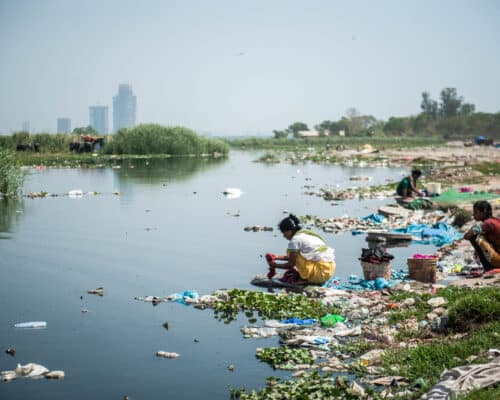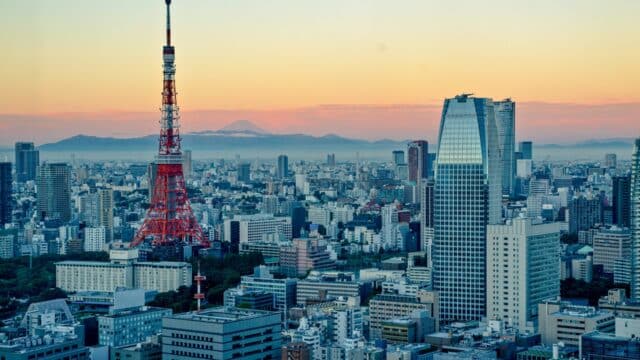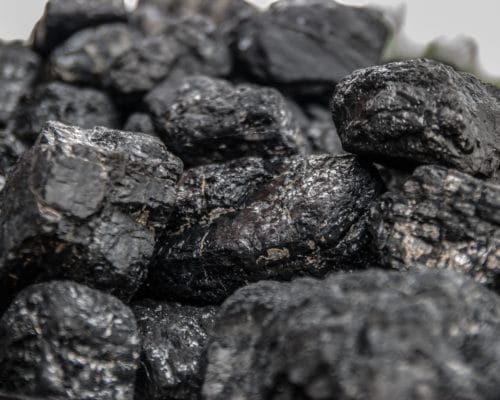Environmental Issues in Japan and Solutions
mTaira | Shutterstock
04 April 2024 – by Eric Koons
Japan Environmental Issues 2024
Japan has promising energy transition targets, yet environmental issues in Japan are already creating a mark on the country’s economy and health. Additionally, Japan’s climate goals are lofty, and there is little progress, putting their feasibility into question.
As one of the world’s leading developed countries, we expect Japan to be a leader in environmental protection, environmental pollution control programs, sustainability and the energy transition. However, the country, and many of its leading companies, appear to be laggards in the sustainability space.
Current Environmental Problems in Japan and Solutions
As one of the most technologically advanced countries in the world, Japan plays a vital role on the global stage. However, its internal issues, such as growing public debt, an ageing population and land limits, present hurdles to environmental action.
Regardless, as a member of the Paris Agreement, Japan needs to boost its sustainability efforts and polish environmental policy. This will help mitigate Japan’s environmental issues.
1. Climate Change
Climate change will impact most countries. However, as an island nation, Japan is particularly susceptible. One of the main concerns is the rising sea level in Japan. A 60-cm rise could see up to a 50% increase in the population living at or below the sea level in Japan’s three largest bays. These bays house Japan’s four largest cities.
Consequently, this could result in the Japanese government rethinking its flood protection systems, rebuilding entire sections of cities or resettling millions of people.
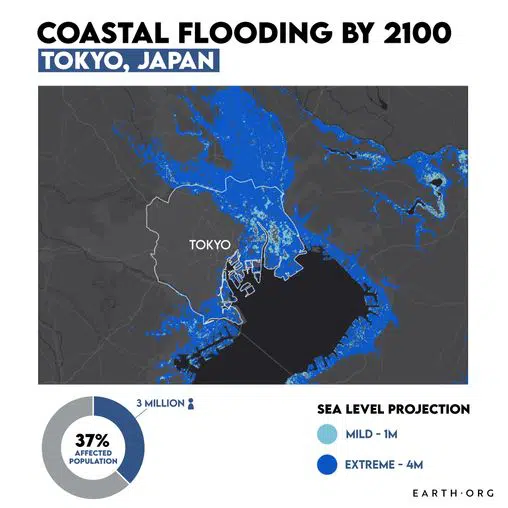
Due to climate change, sporadic and extreme weather will affect the entire country. Larger storm surges will threaten coastal communities already threatened by sea level rise. For inland regions, the increasing intensity of rain events could lead to extensive flooding. For example, a rain-induced flood in 2018 forced 2 million people to evacuate and caused over 200 deaths.
On top of this, higher regional temperatures increase the risk of heat strokes for Japan’s ageing population. They threaten food security and destroy the country’s coral reefs.
2. Air Quality – Air Pollution: Japan’s Biggest Environmental Issue
Air pollution is the biggest environmental issue in Japan. Japan is, by far, one of the most air-polluted countries in the world. Furthermore, deaths directly related to air pollution are increasing annually. In 2019, air pollution was the cause of over 42,000 deaths, and the country is considered to have a “high number of deaths attributable to air pollution exposure”.
The leading causes of air pollution are vehicle emissions and industrial production – both the result of fossil fuel combustion.
3. Waste Management
Waste management has been an issue in Japan for years and continues to be challenging. As an island, Japan has limited landfill space and long-term waste storage, which are common solutions in most developed countries.
As a result, Japan heavily relies on waste incineration, which accounts for 78% of the country’s waste management. Incinerating waste releases various greenhouse gases and other harmful compounds that can negatively impact the health of local communities.
Additionally, Japan needs to improve on recycling. Furthermore, it has the lowest recycling rate of the countries in the Organisation for Economic Cooperation and Development (OECD).
4. Fishing Industry
Japan’s fishing industry suffers from the consequences of climate change and overfishing. Climate change is damaging coral reefs and other essential fish nurseries, which drives down fish stock replenishment rates.
At the same time, decades of unsustainable fishing practices and loose regulations have led to the over-exploitation of a significant portion of Japan’s fisheries. Between 1985 and 2017, Japan’s seafood production fell by 66%, caused in no small part by overfishing.
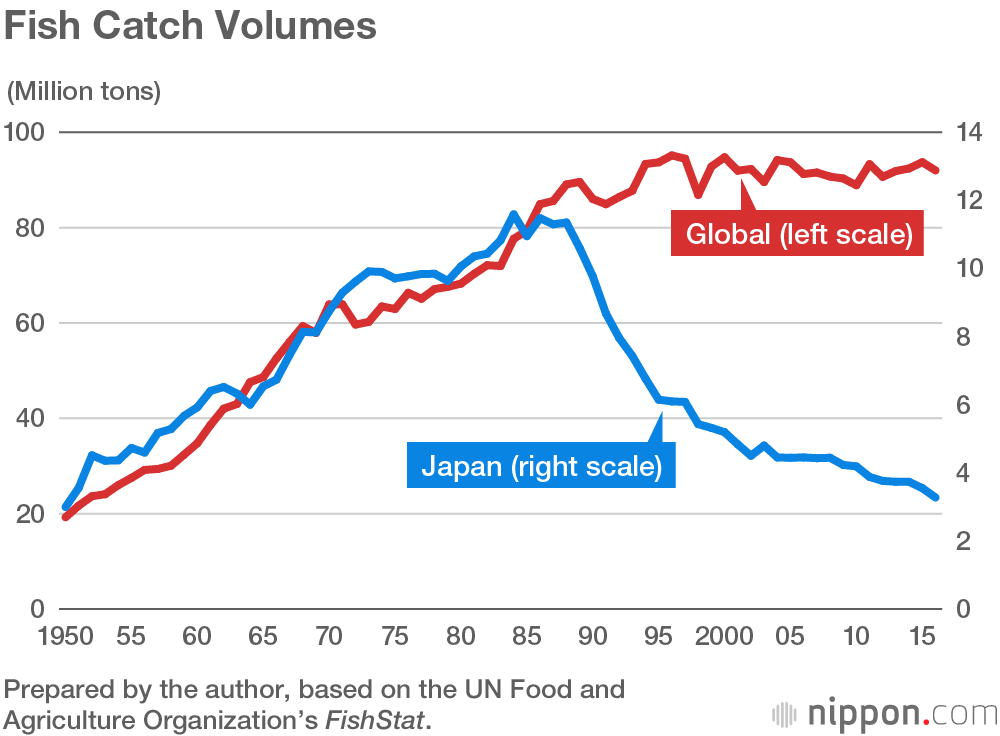
Solutions for Environmental and Climate Issues in Japan
1. Long-Term Planning to Fight Climate Change
The root causes of most of environmental issues of Japan are poor long-term planning and climate change. While climate change is a global issue, Japan is not doing its fair share to mitigate it. Climate Action Tracker ranks the country’s climate mitigation efforts as “insufficient“. Long-term planning is the need of the hour for reducing greenhouse gas emissions and for the country’s economic development.
2. More Renewable Energy
Solutions for global warming are well-known and largely hinge on adding more renewable energy to the energy mix. Currently, 88% of Japan’s total power generation comes from fossil fuels. Floating solar panels, offshore wind farms and more solar capacity are all viable ways to help decarbonise the energy sector.
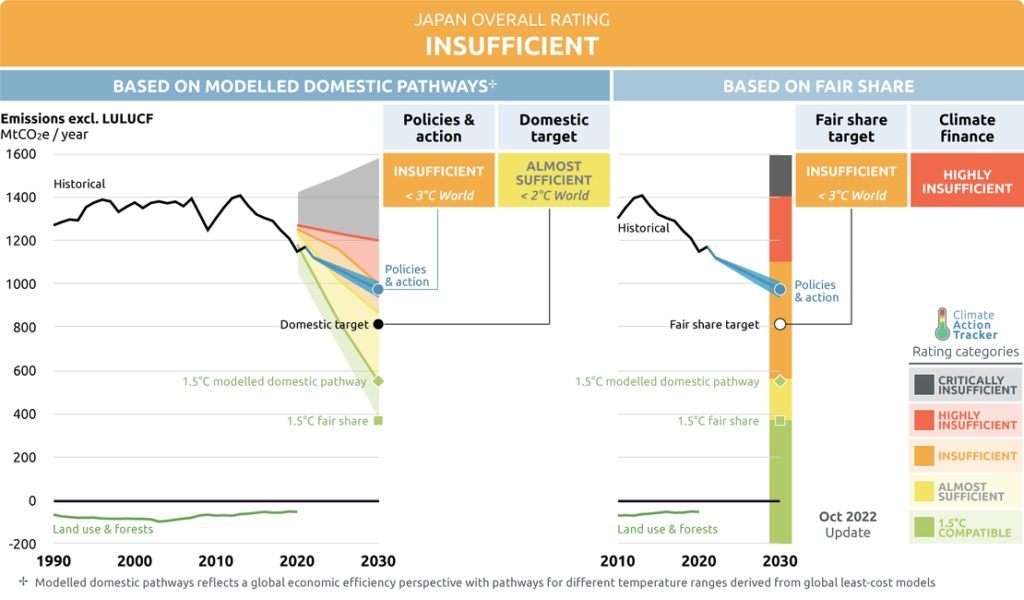
3. Quota-Based Fishing, Rice Farming Techniques, Better Water Management and Better Environmental Protection Laws
Additionally, quota-based fishing, improved rice farming techniques and better flood water management practices could help reduce environmental issues in Japan and improve resiliency. This will require a combination of adaptation and mitigation practices, which many other countries will also need to adopt in the coming years.
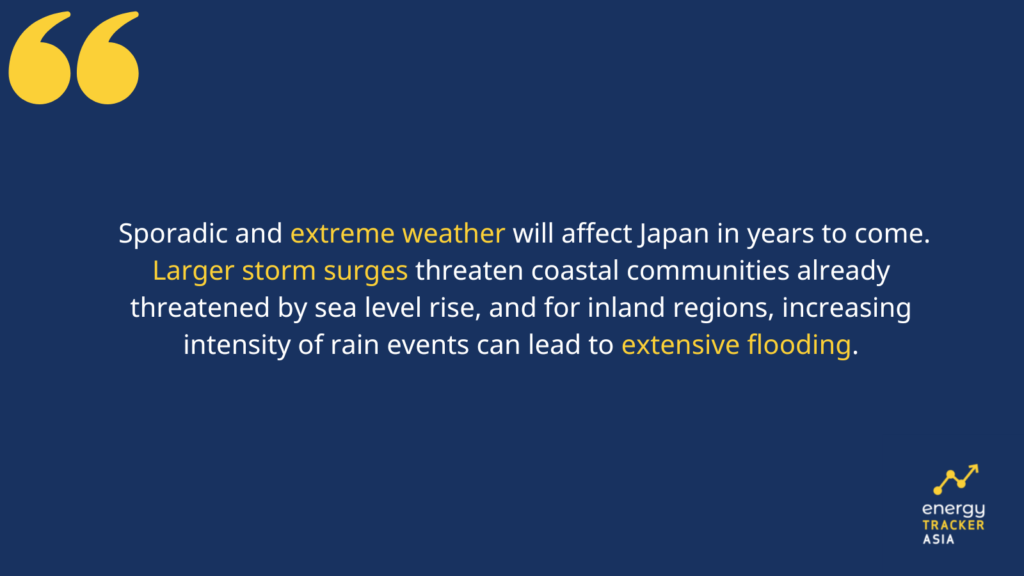
by Eric Koons
Eric is a passionate environmental advocate that believes renewable energy is a key piece in meeting the world’s growing energy demands. He received an environmental science degree from the University of California and has worked to promote environmentally and socially sustainable practices since. Eric’s expertise extends across the environmental field, yet he maintains a strong focus on renewable energy. His work has been featured by leading environmental organizations, such as World Resources Institute and Hitachi ABB Power Grids.
Read more





